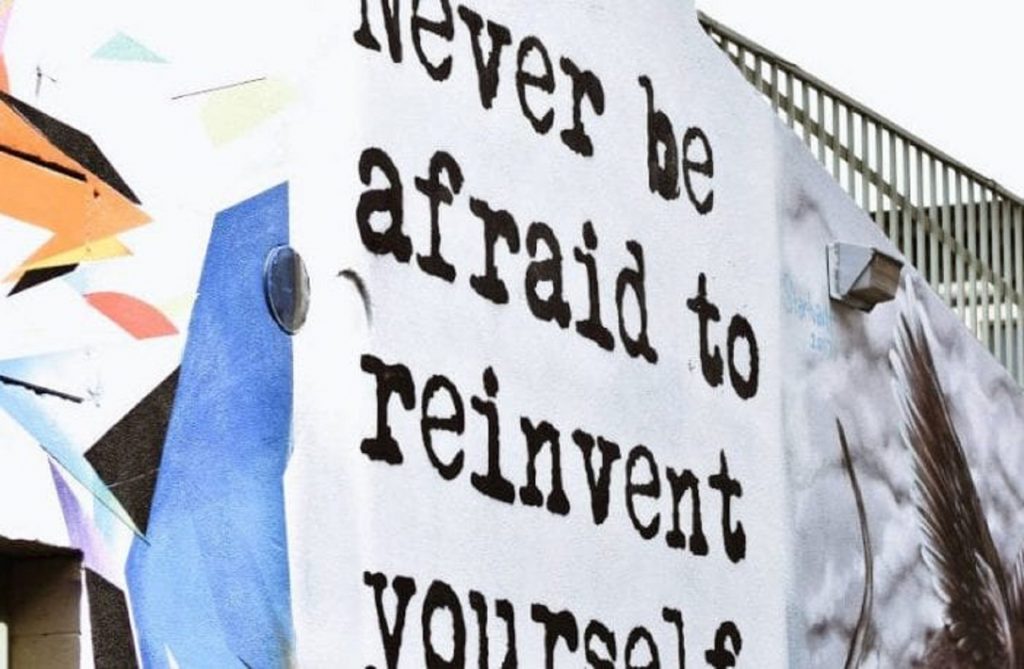
United CEO does not care about customer’s happiness. Really?
Lately, I have been thinking about United Airlines.
In the beginning I was thinking about them, because I was asked if it is possible to build a customer-centric culture in a company that is NOT founded with the customer at the center. In other words, I was challenged and told that is impossible to “turn a big ship” culturally speaking once there is an existing culture that is not based on hospitality.
Those who know me well know that if you want me to do something you just need to tell me it is impossible. I wholeheartedly believe that an organization like United Airlines can change its culture and become known for empathy-driven service and differentiated experience. Is it easy to do? No. Is it impossible to do? Again, no.
There is a method to the madness called culture consulting. There is a price to create a change of such scale and that price is not only financial. I will never forget the podcast of Jeanne Bliss with Horst Schulze, Co-founder & Former COO of The Ritz-Carlton Hotel Co, where he explained step by step how to create and maintain international hospitality standards. He even talked about the emotional cost of letting people go who were not on board. Today, Ritz Carlton is equated with intuitive, high end hospitality. But to get there, he had to pay the price.
So yes, it is possible to turn the United Airlines culture ship and I would be excited to consult on the topic. I also think that some people will need to be replaced. Culture starts a the top , but it does not end there. At every organizational level, you need “believers” and culture ambassadors. And an organization like United Airlines needs more people to spread and reward the right behaviors and maintain the right discipline.
The recent Inc.com article on United Airlines got me thinking about the company and culture even more. Let’s look at the title first: “The CEO of United Airlines Says He Can’t Really Make Passengers Happy. The CEO of Delta Has a Brutal Response”. For those of us who bother to click on the article and then find the actual recording of the ABC News with Oscar Munoz, it is clear that he did not mean to come across as a leader who does not want to try to make his customers happy. He even says in the interview that the competition of the future will be more about the experience and service airlines provide, and that this change is better for the customer.
Why wasn’t that quote chosen as the tile of the Inc.com article? The answer is culture. Yes, culture is that powerful. See, if the interview was with the CEO of JetBlue Airways then the readers would be conditioned to read about hospitality, innovation, and great customer experience. Why? Because JetBlue Airways is known for those things. Unfortunately, United Airlines had made the news with stories about bad customer service. Naturally, the author of the article positioned the words of Oscar Munoz to fit with the majority of readers’ expectations about the brand.
I empathize deeply with Oscar Munoz. I believe he wants his airline to deliver exceptional customer service. I also think he would approve the expense for cookies and juices on board if the business case to do so was presented to him in a way that made sense. Just like the CFO of any for-profit organization would. I had a similar experience a few months ago with Skift, where my words were taken out of context and sandwiched between statements that conveyed opinions different from mine. Media can be ruthless and readers should give the benefit of the doubt to the people who are quoted. This is the price for free press and the responsibility we all chose to have when we opted in for freedom of speech. So, the next time you read something outrageous that a public figure said, click more than once and get to the source and make your own judgement about the content in front of you.
Back to the topic of organizational culture and how to get it right. Oscar Munoz and any other leader in the business world can and should focus on that since good culture is good business. Although this may feel daunting on the onset there are some concrete steps that ensure the right behaviors become a habit. Like everything else in business though, it needs to get prioritized and funded. When you are ready, contact us and we will guide you and support you through the tough decisions that come with any change management program.






Responses